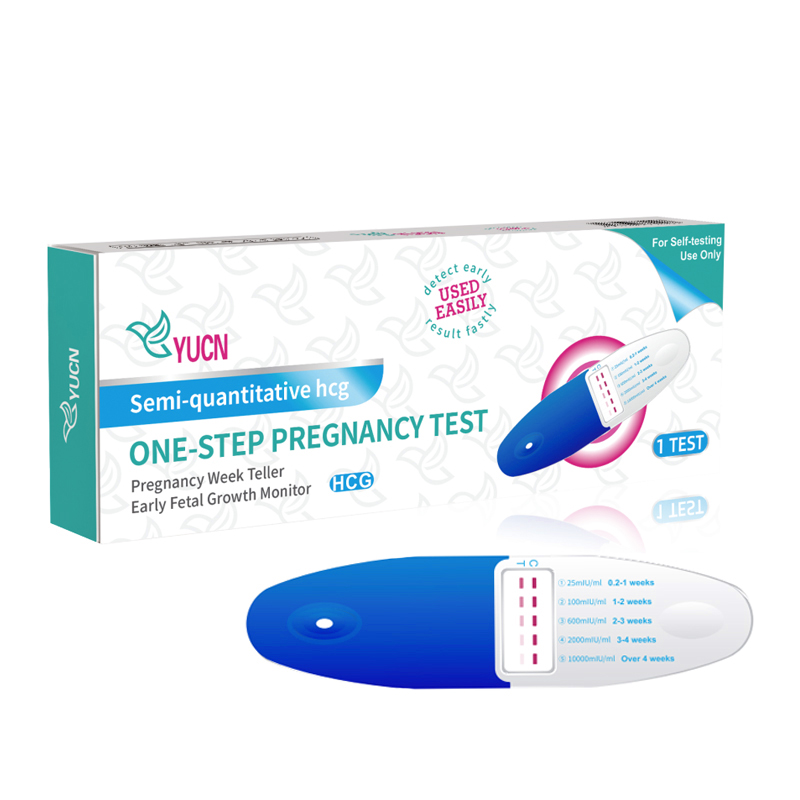Nov . 17, 2024 15:39 Back to list
Supplier for Typhoid Test Kits and Related Products for Accurate Diagnostics
Understanding Typhoid Kit Test Suppliers A Vital Component in Disease Management
Typhoid fever is a serious infectious disease caused by the bacterium Salmonella Typhi. It is primarily transmitted through contaminated food and water, often prevalent in areas with poor sanitation. With millions affected annually, prompt diagnosis is critical for effective treatment and management. This highlights the importance of reliable typhoid kit test suppliers, which play a crucial role in disease control and prevention.
Typhoid test kits are essential tools for healthcare providers. They enable rapid detection of the disease, allowing for timely medical intervention. The market for typhoid test kits has expanded significantly, driven by the increasing need for efficient diagnostic solutions in both clinical and field settings. Suppliers of these kits must maintain stringent quality control to ensure that the tests are both accurate and reliable.
Suppliers generally offer different types of typhoid test kits, which vary in methodology and technology. The most common types include blood culture tests, rapid diagnostic tests (RDTs), and molecular tests such as polymerase chain reaction (PCR) assays. Each method has its own advantages and limitations. Blood culture tests are considered the gold standard for typhoid diagnosis; however, they require laboratory facilities and take several days to yield results. In contrast, rapid diagnostic tests provide results within minutes, making them particularly useful in resource-limited settings. Molecular tests, while highly sensitive and specific, may be more costly and require trained personnel to interpret results.
typhoid kit test supplier

What makes a supplier stand out in the competitive landscape is not only the quality of their products but also their commitment to customer service and education. Effective suppliers provide comprehensive training for healthcare professionals on how to use the test kits properly, interpret results, and follow up with patients. This educational component is crucial, particularly in low-resource settings where healthcare workers may not be familiar with newer diagnostic technologies.
Moreover, ethical considerations and compliance with regulatory standards are imperative for typhoid kit test suppliers. They must adhere to guidelines set forth by health organizations such as the World Health Organization (WHO) and local health authorities. Compliance ensures that the products meet safety and efficacy standards, which is particularly important when dealing with public health issues. Suppliers that prioritize ethical practices foster trust within the healthcare community and among consumers.
Future developments in typhoid diagnostics are promising, thanks in part to advances in technology. Innovations may soon include point-of-care testing that is even more accessible and user-friendly, paving the way for more widespread testing in communities at risk. As antibiotic resistance becomes an increasing concern in treating infections, suppliers will also need to adapt to evolving challenges in managing typhoid fever.
In conclusion, typhoid kit test suppliers are vital players in the public health landscape. Their products not only facilitate timely diagnosis but also contribute to informed treatment decisions that can save lives. As the burden of typhoid fever continues to affect vulnerable populations, the role of suppliers remains more important than ever, ensuring that healthcare providers have the necessary tools to combat this preventable disease effectively. By fostering innovation, adhering to ethical practices, and prioritizing education, these suppliers empower health systems to better serve communities and improve health outcomes worldwide.
-
Reliable Early Pregnancy Test Kit Supplier - Multi Plastic Cassette Options
NewsJul.30,2025
-
Transferrin Rapid Test Cassette – Reliable Tumor Marker Detection
NewsJul.29,2025
-
Accurate Follicle Stimulating Hormone Test Kit | Rapid Reliable Results
NewsJul.29,2025
-
High Accuracy LH Ovulation Test Kit - Digital Results & Wholesale Options
NewsJul.29,2025
-
HbsAg Blood Rapid Test Kit for Fast & Accurate Hepatitis B Detection
NewsJul.28,2025
-
Sterile Urine Cup for Safe & Easy Collection | High-Quality Specimen Cups
NewsJul.28,2025

